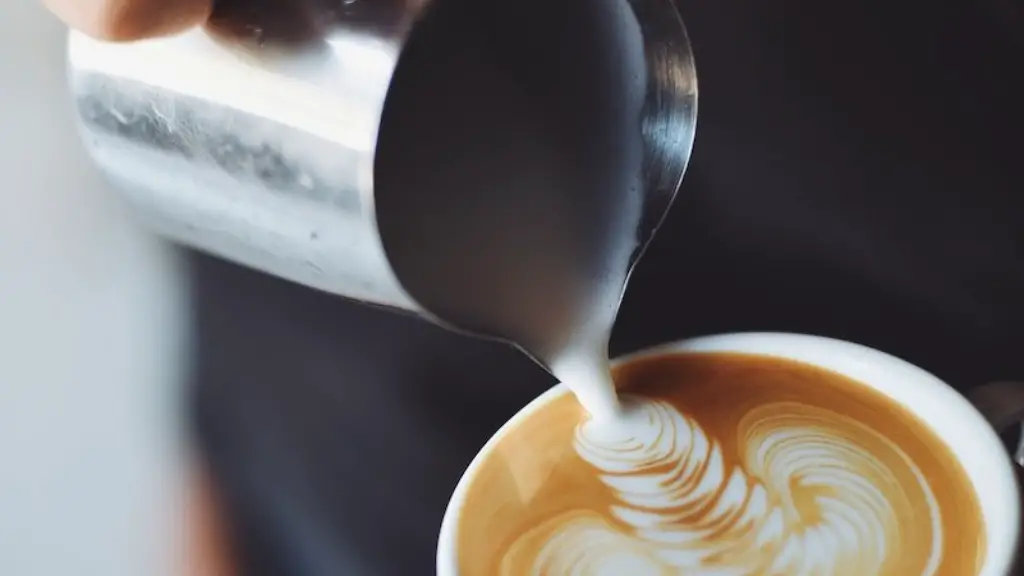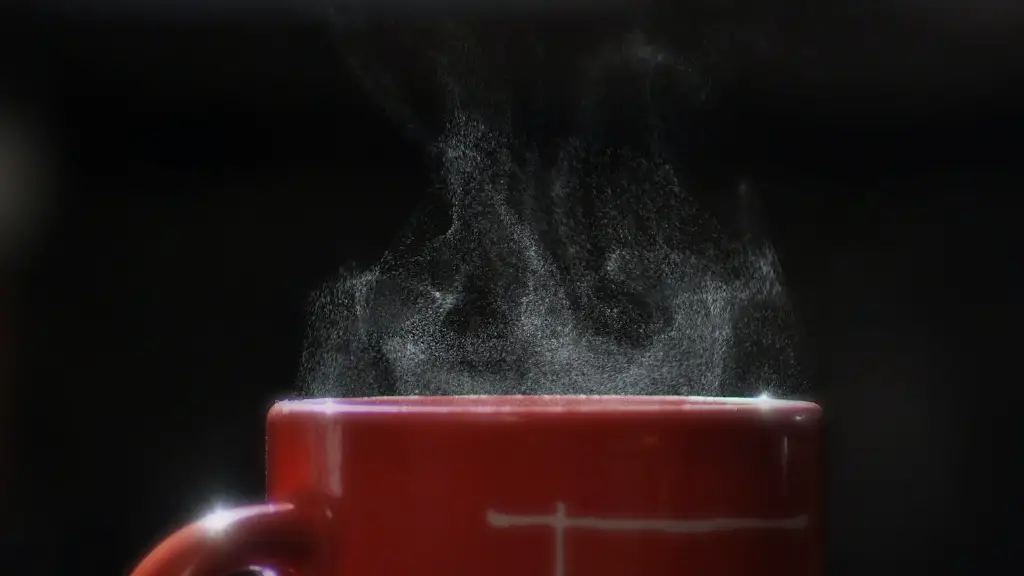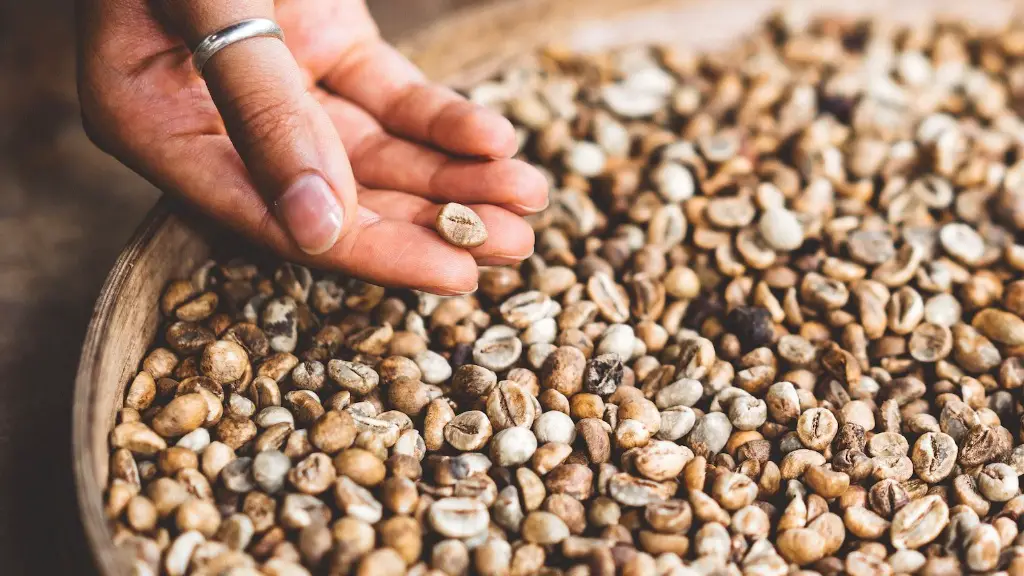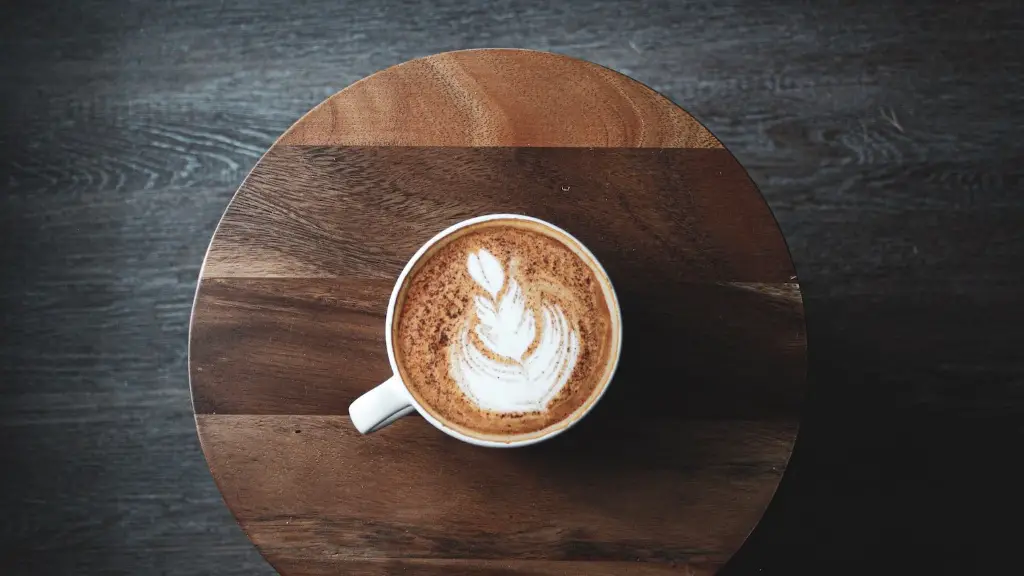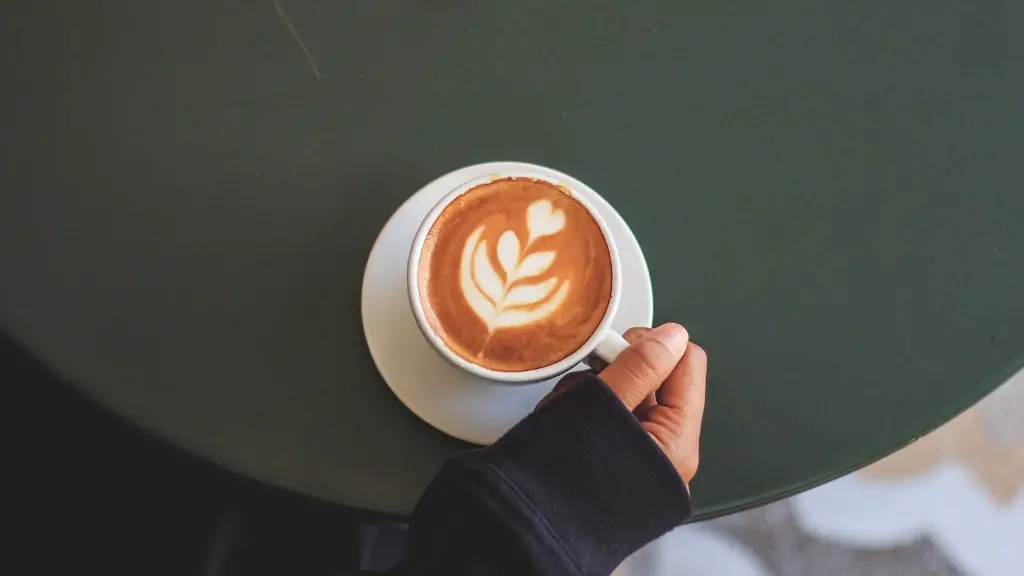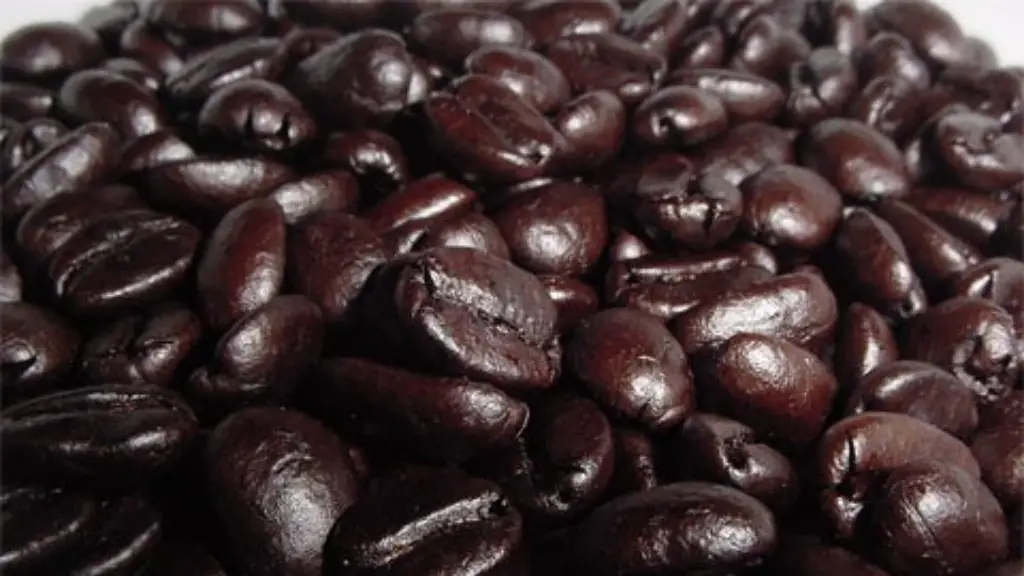Every morning, you may be starting your day with a mug of steaming hot coffee but have you ever thought about what happens when that cup of coffee sits on the countertop overnight? Leaving a cup of coffee on the kitchen counter has become a common habit for the caffeine-laden morning routine. But when the brew remains on the counter for an extended period of time, it can cause potential safety and health issues for the consumer and here’s why.
Initially, many people believed that leaving coffee overnight could cause a person to become ill with food poisoning, and still, some believe this myth. However, food poisoning typically results from poor hygiene or lapsed hygiene while handling and preparing food. Unless you already left the coffee out before it was brewed, the chances of becoming ill due to leaving coffee on the counter are slim and none.
However, the safety and quality of coffee that has sat out overnight may depend on the various compounds that could be present in the drink. According to a study conducted on coffee samples, leaving brewed coffee on the counter overnight can decrease its overall quality and flavor. The chemical composition of coffee breaks down when left at higher temperatures, ultimately leading to the transferal of some compounds from the coffee directly into the air and receptacle.
The quality of the coffee not only depends on where the brewed coffee is stored and how it’s stored, but also on what type of coffee you brew. According to coffee expert Robbie Castanos, Robusta coffees, which are made from beans with a hard outer layer, have a higher amount of resistance to degradation than Arabica coffees which have soft layers around their beans. This means that the Robusta blend of coffee may hold up better when exposed to air than the Arabica blend.
Furthermore, the strength of the coffee has an effect on the quality when stored overnight. Highly concentrated coffee that is stored in an airtight container retains its flavor better when stored for longer periods of time than a cup that features more water than coffee. This is because a highly concentrated cup of coffee has a higher percentage of antioxidants, which helps preserve flavor and extend the life of the coffee.
What Could be the Potential Hazards of Leftover Coffee?
Apart from tasting different or bland, leaving coffee on the counter overnight could pose a few potential health and safety issues. Since coffee has oils that contain fats, if a person is doing keto or another diet that embodies fasting, those oils can go rancid and that could make a person become ill.
Additionally, bacteria and mold can accumulate in a cup of coffee if left on the counter for too long. If not handled and consumed properly, these bacteria and mold can cause serious gastrointestinal problems, including vomiting, bloating, and dizziness.
Leftover coffee from the earlier day also has a higher caffeine concentration than freshly brewed coffee. This can give a person consuming it an unexpected energy boost and make it hard for them to have a good night’s sleep. Highly concentrated coffee that is stored in an airtight container also has an increased risk of spoilage and bacterial growth, which can contaminate food and drinks.
How to Keep Coffee Fresher for Longer Along with Other Tips?
It’s best not to leave brewed coffee sitting on the countertop longer than an hour or two. The ideal storage solution is to place any leftover coffee in a tightly sealed container and store it in a refrigerator or other cool and dry place. This will help retain the flavor and quality of the coffee, while preventing bacteria and mold growth that may cause foodborne illnesses.
Brew only the amount of coffee that you need and plan the rest of your regular coffee intake accordingly. If you don’t have the luxury of being able to drink all your brewed coffee at once, put it in a vacuum-sealed (or pressurised) insulated container that you can use in the car or at work. This type of container will keep the coffee fresh and warm for several hours.
For instant coffee, store it in a jar and keep it away from heat, light and moisture.If you make a large batch of coffee and only need a few cups, freeze the remaining coffee in ice cube trays. When you’re ready for more coffee, simply take out a few cubes, put them in a mug or container, and pour boiling water over them.
Alternatives To Leftover Coffee
Keeping instant coffee is an easy and convenient way to make coffee in a hurry. Instant coffee can be stored in airtight containers and can last for several months. You can also purchase coffee mixtures and stick them in the fridge or freezer and enjoy a cup of coffee at any time.
If you prefer cold coffee, you can try coffee concentrate. Most stores sell concentrated coffee, which can easily be stored in the refrigerator. To make an iced coffee, just add a tablespoon of the concentrate to a cup of cold milk or water. For flavoring and an extra boost, you can add a teaspoon of honey or sugar.
If you’re really looking for convenience, consider investing in a single-serve coffee maker. Single-serve coffee makers brew a single cup of coffee per use, so there’s no leftovers. You can also try using reusable coffee pods that store ground coffee, and are a great way to make a cup of coffee without sacrificing flavor or quality.
Strategies For Controlling Caffeine Intake
Studying the effects of caffeine on the body can help you learn how to use caffeine in a way that works safely and effectively. One tool to help with controlling and monitoring caffeine intake is an app called Caffeine Zone. The app allows users to track their caffeine intake levels, give them advice on when to have coffee and evaluate the effects of caffeine on their bodies.
Additionally, understanding how your body reacts to caffeine can help you better control your intake. If drinking coffee makes you feel anxious or jittery, that means it’s time to switch to decaf. There’s also a wide variety of natural, herbal or decaffeinated beverages that you can switch to in order to get your morning energy boost.
Finally, limiting coffee intake to once a day or cutting it out entirely may be helpful. If you are consuming coffee regularly, limit it to just one or two cups per day, with no more than 300mg of coffee per day. While this can be difficult for avid coffee drinkers, the benefits that come from moderating caffeine intake are worth it.
Sustainability Efforts For Coffee Production
As the world’s population increases, the demand for coffee beans is also on the rise. As such, sustainable efforts should be put in place to ensure that the crops are managed in a way that keeps them producing without thoroughly depleting their systems.
One example of a sustainable effort for coffee production is the Fairtrade system. Fairtrade is a certification system that sets high standards for coffee production and allows farmers to harvest coffee beans ethically and responsibly. Through Fairtrade, farmers get access to fair wages, improved working conditions, and are provided with resources and training to improve their coffee production.
Other forms of sustainable coffee cultivation include sustainable organic farming, which relies on natural fertilizers, compost, and crop rotation, as well as sustainable water management, which focuses on reducing water wastage and improving water quality. Sustainable farmers also use other techniques, such as soil erosion prevention techniques, to protect the land used for coffee production.
Sustainable coffee production is key to keeping the environment healthy and viable for years to come. Practices like Fairtrade ensure that both producers and consumers benefit from sustainable efforts and can give back to the environment in more meaningful ways.
What Coffee Brands Are Sustainable?
The first step to buying sustainable coffee is to ensure that it comes from farmers who are certified organic or Fairtrade. Brands like Counter Culture, Equal Exchange, and Death Wish Coffee are great options for ethically and responsibly sourced coffee. These companies use sustainable farming practices, pay farmers fairly, and provide consumers with quality, sustainably sourced coffee. Additionally, organic coffees are made without the use of artificial chemicals, which can be better for consumers health.
Other sustainable coffee brands include Kicking Horse Coffee, Café Altura, and Volcanica Coffee. All of these brands offer delicious drip coffees, espresso, and cold brews, so there are plenty of options to choose from. Additionally, many of these companies offer discounts on their coffee if the beans are bought in bulk, so you can save money while supporting sustainability.
Many low-key sustainable brands may be based in a particular region, like Brooklyn-based Brooklyn Roasting Company, and may not be available in all areas. However, many sustainable brands now offer their coffee for order online and may include options for subscriptions so you can ensure that you’re always sipping sustainably.
How Can You Make Your Own Coffee Sustainable?
Making your own coffee sustainable doesn’t have to be complicated. The key is using responsible sourcing and purchasing methods to ensure that you’re drinking coffee that is ethically and sustainably produced. Buy beans from farmers who use sustainable farming practices and look for coffee with the Fairtrade and Rainforest Alliance certifications. Additionally, you can take steps to reduce your overall coffee consumption, as well as reuse and recycle your coffee grounds.
When making your own coffee, look for coffee makers that are energy efficient, like drip coffee makers, French presses, and pour overs. Additionally, while coffee pods are incredibly convenient, they generate a considerable amount of single-use waste. If you want to reduce your single-use coffee pod waste, you can use reusable coffee pods or switch to a coffee maker that uses loose grounds.
You can also minimize waste by collecting and using your coffee grounds for other purposes. Coffee grounds, for example, can be used as fertilizer, compost, or even to make your own coffee scrub. If none of those options sound appealing, you can simply choose to donate your leftover grounds, as many animal shelters accept coffee grounds as a way to keep pests away and give their animals a safe and healthy environment.
